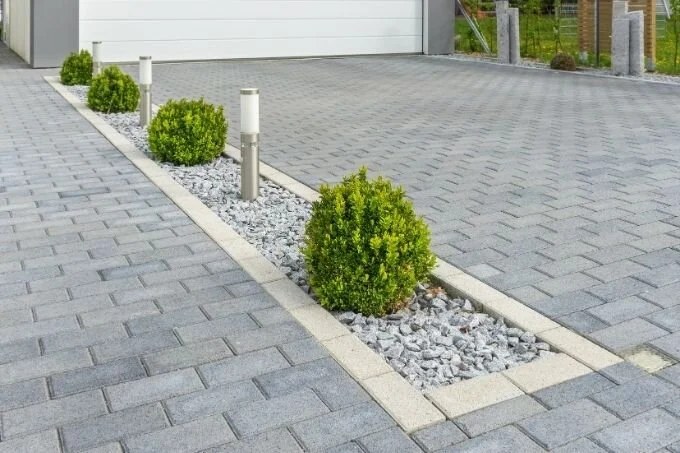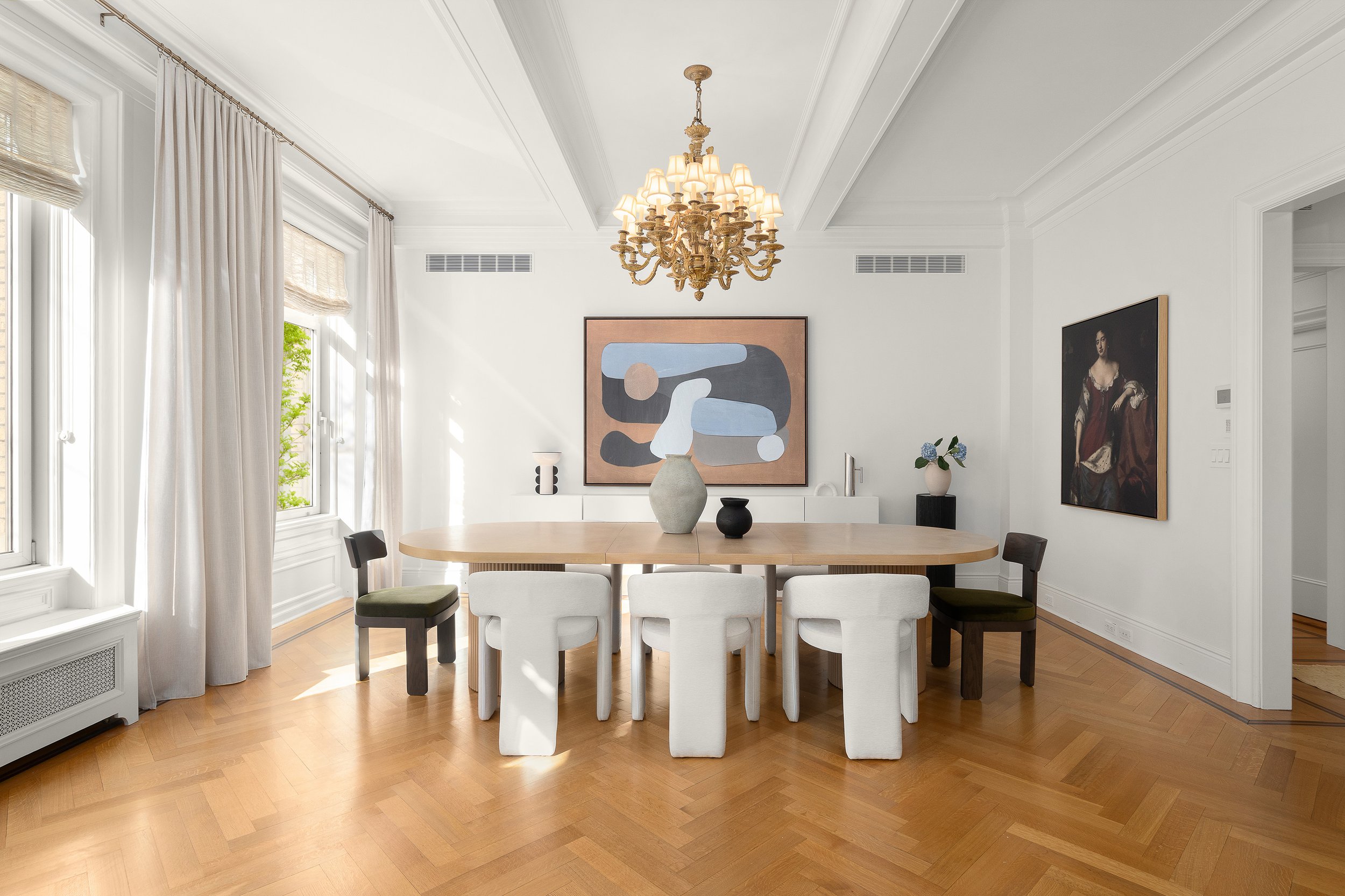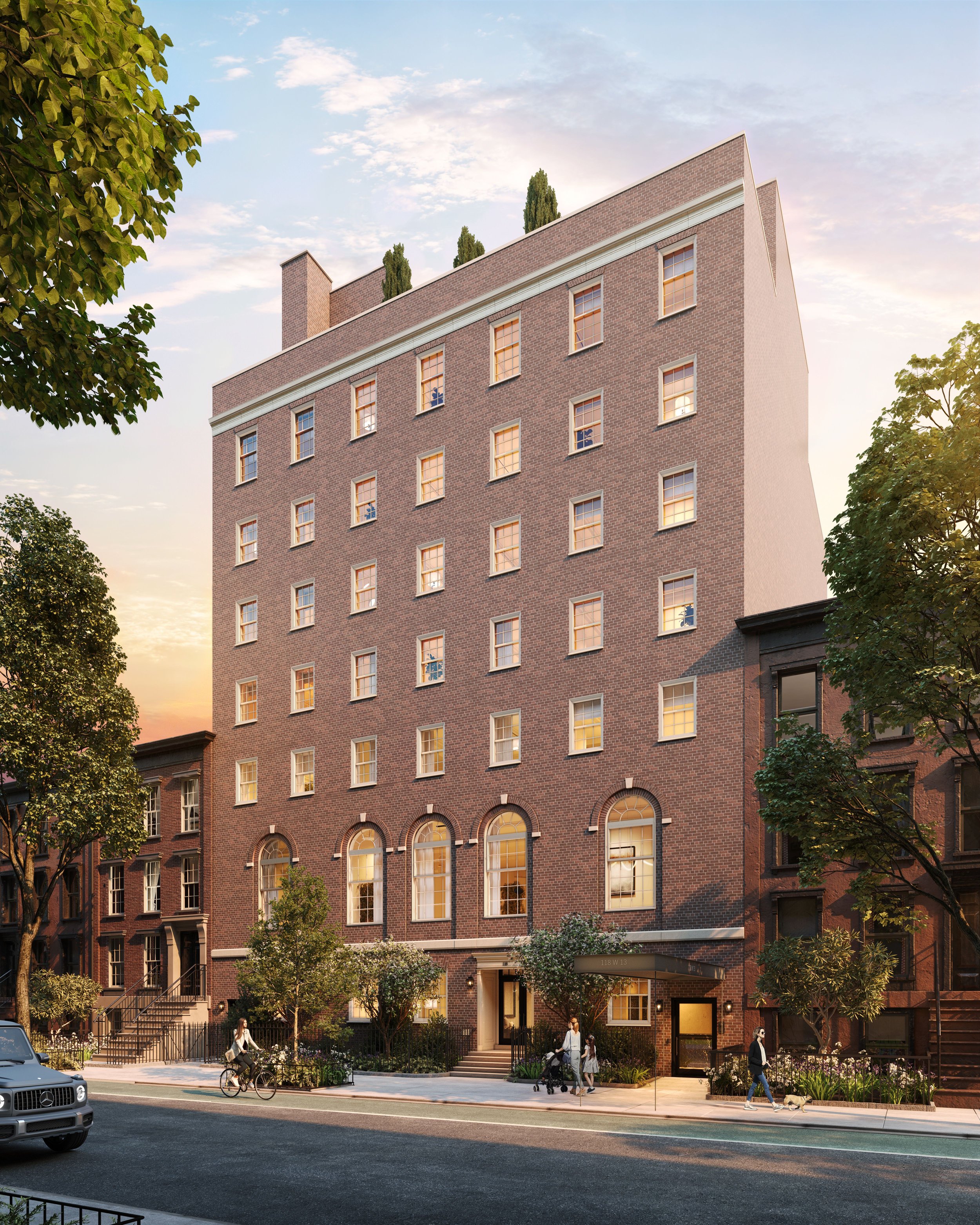The Best Materials for Driveways
The driveway is a giant welcome mat for your home. Visitors park their cars on your driveway, so it’s among the first things they’ll see when they stop by. The driveway also gives you a place to put your vehicles, play games, and hang out. The kind of material from which your driveway is made will dictate what you can do on it and how it looks. The best materials for driveways vary depending on what you want your drive to look like and what you need from it.
Concrete
Concrete is the most durable and longest-lasting of the best materials for driveways. When it’s reinforced by steel concrete, it can last for decades. A concrete driveway is versatile, durable, low-maintenance, and cost-friendly in the long term. New stamping techniques make concrete even more versatile. It can be stamped to look like any kind of material and even dyed to match. Finding concrete contractors in Minneapolis for example isn't hard, however, some may offer alternative finishes like an exposed aggregate finish and may offer other services such as creating patios and replacing garage flooring.
Asphalt
Asphalt driveways are popular options in northern U.S. climates, since the material is pliable and can withstand freeze-thaw cycles better than concrete or pavers. The black color of asphalt retains heat, which helps snow melt relatively quickly. One drawback is that it requires regular maintenance; sealing is recommended every three to five years. Fortunately, the maintenance isn’t overly complex, and a DIYer can patch holes themselves.
Brick
Rich colors and varied patterns are what you’ll get with brick. Bricks are similar to pavers, but they’re thicker, stronger, and longer-lasting than gravel or asphalt. A brick driveway looks great, but it’s expensive to install. If installed properly, though, the maintenance costs are minimal, and it should last a lifetime.
Pavers
Paver driveways are among the most expensive and the most beautiful. A paver driveway can provide a big boost to curb appeal; an enormous array of design choices is readily available. Although it's more expensive than some other materials to install, a paver driveway has relatively low long-term maintenance costs, and it can last 30 to 40 years.
With driveway pavers, you have the option to create different patterns and designs, giving your driveway a unique and personalized look. Also, if one paver gets damaged, it can easily be replaced without affecting the rest of the driveway.


















